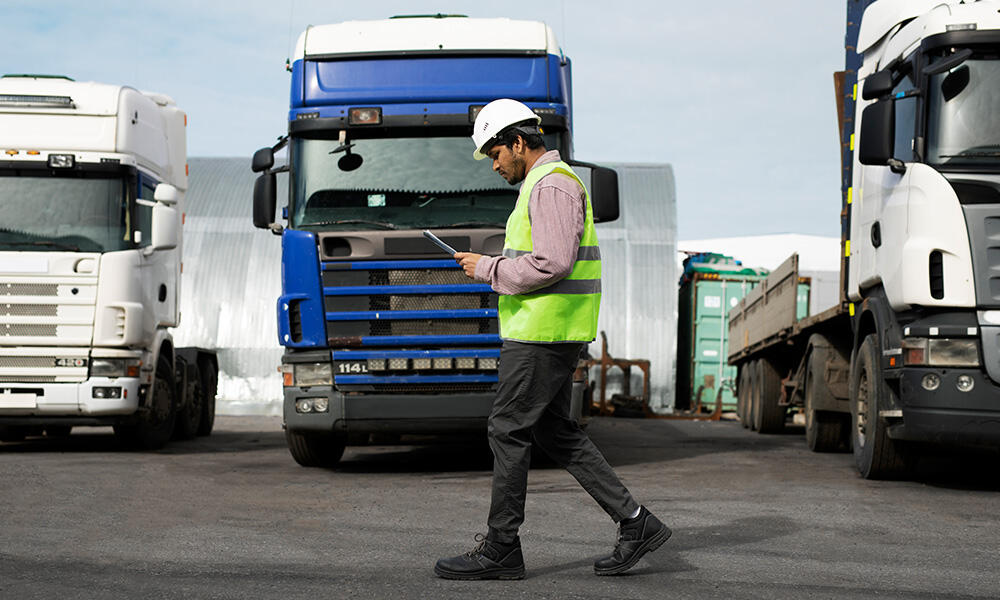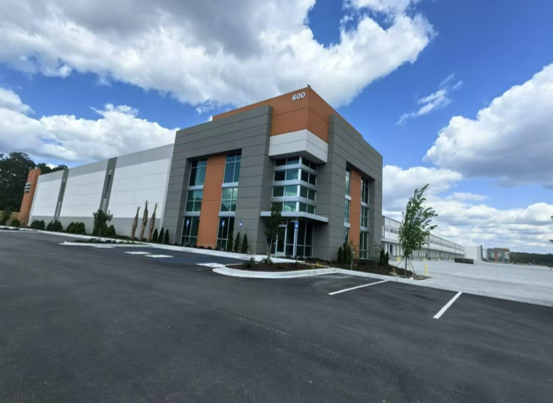
In today's globalized supply chain system, trucking companies play a central and irreplaceable role. As the lifeline of economic operation, trucking carries more than 72% of all goods transported in the U.S. (American Trucking Associations data), ensuring the seamless flow of raw materials from origin to factory and finished goods from warehouse to retail terminal. Without an efficient trucking logistics network, the manufacturing industry would come to a standstill, the retail industry would face widespread out-of-stocks, and the momentum of economic development would be severely constrained.
Compared to other modes of transportation such as air, rail or sea, trucking demonstrates unique flexibility and accessibility advantages. Trucks are able to reach city centers, remote farms, factory floors and shopping mall loading zones, completely solving the transportation bottlenecks of the “first mile” and “last mile” and realizing a complete door-to-door delivery chain. This feature makes trucks the preferred solution for time-sensitive goods such as medical supplies and fresh food - when medicines need to be delivered to hospitals urgently or fresh products need to enter the market quickly, trucking can save lives and reduce wastage with its hourly emergency delivery capability.
In the face of natural disasters, port congestion and other unexpected supply chain disruptions, trucking companies have demonstrated strong resilience against risk. By flexibly adjusting routes, consolidating less-than-truckload (LTL) resources and mobilizing nationwide transportation networks, they ensure the continued flow of critical supplies. This resilience directly determines a company's ability to avoid millions of dollars in losses due to supply disruptions. At the same time, trucking services are highly adaptable: whether a start-up is sending first samples or a multinational is managing global distribution, solutions can be customized for more than 200 specialized services, from full truckload (FTL) and less-than-truckload (LTL) shipments to hazardous materials (Hazmat) transportation and cold chain logistics.
Modern trucking companies have deeply integrated technological innovation, using real-time GPS tracking systems, artificial intelligence route planning, automated freight matching platforms and other technological means to create three core values for customers: full visualization of cargo monitoring, an average of 15% optimization of operating costs, and improved efficiency of electronic document processing. It is worth noting that the influence of trucking has penetrated into all basic areas of social operation - from fuel supply at gas stations, distribution of medical equipment in hospitals, transportation of heavy machinery at construction sites, to express delivery networks that support the promise of “next-day delivery” of e-commerce companies, and even to ensure that the farm-to-table supply chain of fresh food relies on the stable operation of trucking systems. All of them rely on the stable operation of the trucking system.
Therefore, choosing a professional trucking partner is not a simple service procurement, but a strategic decision to build the backbone of the supply chain.
